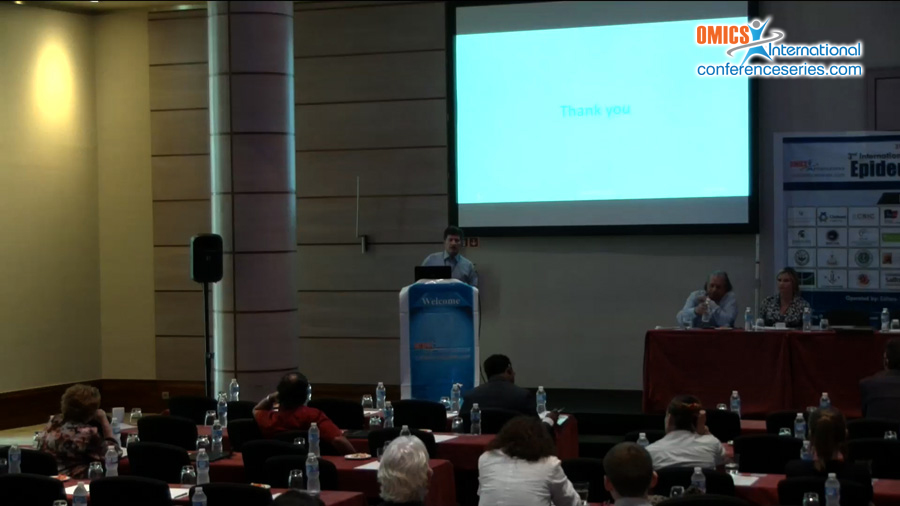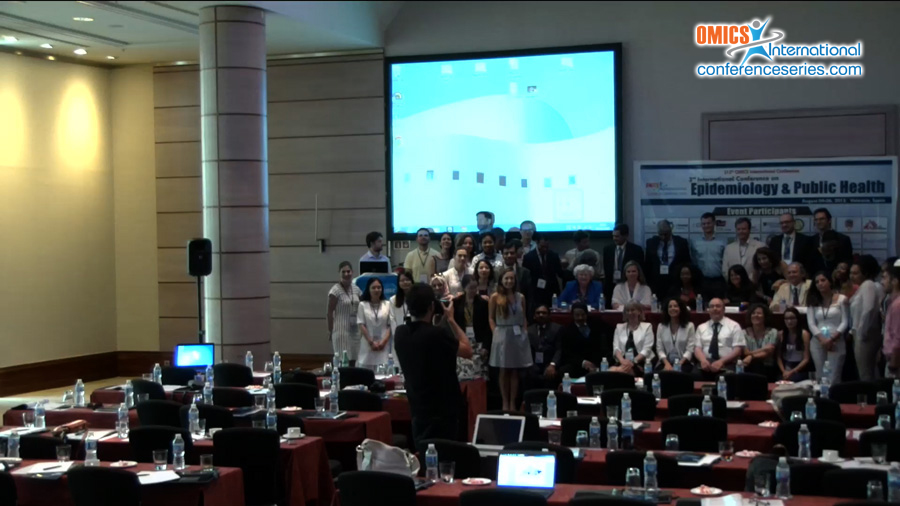
Jalal Poorolajal
Hamadan University of Medical Sciences, Iran
Title: The effect of body mass index on endometrial cancer: A meta-analysis
Biography
Biography: Jalal Poorolajal
Abstract
Background: Several epidemiological studies have investigated the association between body mass index (BMI) and endometrial cancer in recent years. This up-to-date meta-analysis was conducted to obtain an overall effect estimate based on current evidence. Study design: A meta-analysis was conducted until March 2015. Methods: Major electronic databases including PubMed, Web of Science, and Scopus were searched. The reference lists and related scientific conference databases were searched for additional data. Cohort and case-control studies addressing the association between BMI and endometrial cancer were included. The exposure of interest was overweight and obesity. The outcome of interest was endometrial cancer of any type confirmed pathologically. The effect measure of choice was rate ratio (RR) for cohort studies and odds ratio (OR) for case-control studies. The random effect model was reported. Results: Of 6241 retrieved references, 40 studies were included in the meta-analysis including 20 prospective cohort studies and 20 case-control studies involving 32,281,242 participants. The results of both cohort and case-control studies showed a significant association. Based on random effect model, compared to normal weight people, the estimated RR and OR of endometrial cancer was 1.34 (95% CI: 1.20, 1.48) and 1.43 (95% CI: 1.30, 1.56) for the overweight and 2.54 (95% CI: 2.27, 2.81) and 3.33 (95% CI: 2.87, 3.79) for the obese, respectively. Conclusions: The results of this meta-analysis indicated that BMI is strongly associated with an increased risk of endometrial cancer. Further investigations are required to expect the pathophysiology of the endometrial cancer caused by overweight and obesity.
Speaker Presentations
Speaker PDFs
Speaker PPTs Click Here


